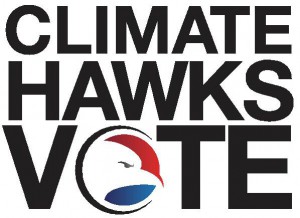I have noticed that animal protection and animal rights are issues that unite people of many different backgrounds and political stripes (even more so than a love of nature or a desire to protect the environment). Most people recognize that we humans are animals too, and many people understand that all living beings have inherent value and should have the right to live and thrive.
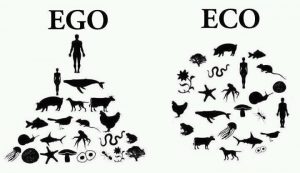
Personally, I believe that other species have as much of a right to exist, live, and thrive as humans do. I do not feel that my life has greater importance or value than the lives of other creatures. I also do not believe that other animals are here for us; they are here with us (and many species were here long before us), and they are not ours to use, abuse, commodify, cage, or exploit. Since they cannot speak for themselves or defend themselves against people (and our various types of weapons and threats), I do think it is our responsibility to try to protect them from other humans who do them harm.
Animals of all kinds—wild and domestic—face a wide variety of threats (to their survival, health, and well-being) from humans, including:
cruelty, abuse, domestic violence, neglect, exploitation and captivity (for human entertainment), factory farming, inhumane slaughter, over-hunting, poaching, trapping, trafficking, poisoning (e.g., rat poison and pesticides/herbicides; water, soil, and air pollution; plastic waste/pollution; intentional poisoning e.g. cyanide poisoning of elephants’ watering holes), widespread habitat destruction (e.g. from deforestation, development, agribusiness e.g. cattle grazing and crop plantations, mining, and road-building), medical research, animal testing (for products e.g. cosmetics), injury or death from vehicles or buildings (e.g., getting hit by cars or planes, birds flying into windows), and the overarching problem that affects all species including our own: climate change (extreme and volatile temperatures, drought; loss of food sources; extreme storms/hurricanes, flooding, fires, etc.)
Between 1970-2012 (in just over 40 years), humans have wiped out about 60% of the earth’s mammals, birds, fish, reptiles, and amphibians, according to WWF’s Living Planet report of 2018. (As the human population has increased, wildlife populations have decreased, by similar degrees. Over that same time period (1970-2012), the world population of humans almost doubled, growing by approx. 3.5 billion people to more than 7 billion people. In 2020, we’re now approaching 8 billion.) The WWF study also found that freshwater wildlife populations have decreased by 83%, and extreme deforestation in South and Central America has led to a wildlife decline of 89% in that region. During the past 12,000 years of human civilization, humans have killed almost half of the trees on earth; around 15 billion trees are cut down each year (source). When we destroy animals’ habitat, we are destroying living beings and biodiversity. This not only creates a bleaker world in which to live; we are also destroying our own cousins and our shared life support systems.
“The greatness of a nation and its moral progress can be judged by the way its animals are treated. …I hold that the more helpless a creature, the more entitled it is to protection by man from the cruelty of man.”
– Mahatma Gandhi
Below is a listing of some of the many organizations that advocate for animals. They include animal rights, welfare/protection, conservation, rescue and rehabilitation, and refuge/sanctuary groups. Some are focused primarily on wildlife (including threatened or endangered species, or biodiversity), while others are focused on domesticated / companion animals (e.g. pets) or farmed animals. And a few do work that addresses all of the above. I have mostly included groups with a national (U.S.) or international scope, but there are many local and regional community-based groups for animals (in particular rescue groups that serve a local area), as well. I encourage you to do an online search to identify and support the ones in your region. Also follow our Twitter list of animal protection groups.
Organizations are listed below under the categories: General/Broad-based; Biodiversity; Farm Animals (and Humane Eating); Wild Animal Sanctuaries; Anti-Poaching and -Trafficking; Species-Specific (elephants, wolves, marine animals, primates, donkeys); Disaster Response/Rescue; Anti- Animal-Testing/Research/Experiments; Petitions; Books, Films, Audio, Videos; and Other Resources. And at the end, you will see More Quotations and Related Posts.
Note: This listing is not comprehensive. Also, I cannot vouch for the effectiveness or integrity of every group listed here (i.e., being listed does not necessarily constitute an endorsement). I will periodically add more links to the listing as I learn about other interesting groups. Please feel free to recommend additional groups in the Comments section.
General / broad-based animal rights and welfare groups
- International Fund for Animal Welfare (IFAW)

- Animal Legal Defense Fund (ALDF)
- Nonhuman Rights Project
- SPCA International (Global Animal Rescue)
- ASPCA
- Humane Society International
- The Humane Society of the United States
(+ search for your local Humane Society and local ASPCA) - International Animal Rescue
- Animal Welfare Institute
- Animal Ethics
- In Defense of Animals
- The Animal Rescue Site
Biodiversity groups
These groups focus on broad issues that affect wild animal populations, such as habitat conservation, wildlife and endangered species protection, biodiversity, rewilding, and climate.
- Center for Biological Diversity
- Biodiversity for a Livable Climate
- E.O. Wilson Biodiversity Foundation / Half-Earth Project
- Rewilding Institute

- WildAid
- Endangered Species Coalition
- WildEarth Guardians
- Lawrence Anthony Earth Organization
- Defenders of Wildlife
- National Wildlife Federation
- National Audubon Society
- WWF
- Faunawatch
- Racing Extinction: Actions/Resources
- CITES: Convention on International Trade in Endangered Species of Wild Fauna and Flora
- Intergovernmental Science-Policy Platform on Biodiversity and Ecosystem Services (IPBES)
- Goldman Prize recipients/projects focused on wildlife protection
Also see the Anti-poaching category below.
And see the land/habitat conservation groups listed in our post Sustainable Land Use and Land Stewardship.
Organizations that work to protect and preserve wilderness (including intact forests and other wild lands) are thereby also preserving habitat for wildlife.
Farm animal groups and rescues/sanctuaries
There are many animal rescues and sanctuaries all over the country and the world. The following list is just a small selection of them that provide safe places for farm(ed) animals. Do a search to find the ones in your area, and see if you can go on a tour, or donate / sponsor (“adopt”) an animal:
- Gentle Barn, MO, TN, and CA
- Farm Sanctuary, NY and CA
- Hope Animal Sanctuary, MS
- Barn Sanctuary, MI
- Wild Earth Farm and Sanctuary, KY
- Lighthouse Farm Sanctuary, OR
- Animal Place, CA
- Rancho Compasión, a farmed animal sanctuary, CA
- Goatlandia Farm Animal Sanctuary, CA
Humane eating/meat standards:
- Humane Eating Project (and app)
- Vegetarian, vegan, and farm animal advocacy organizations
- Consumer’s guide to animal welfare food labels
- “Animal Welfare Approved” certification by AGW (A Greener World)
- Global Animal Partnership’s “Animal Welfare Certified” labelling program (only choose products that achieve their step 5 or 5+)
- “Certified Humane” pasture-raised eggs
- Physicians Committee for Responsible Medicine
Some would (maybe rightly) argue that there is no such thing as “humanely” raising or slaughtering (or hunting) animals for meat. I have included vegetarian/vegan resources here, as well as information about the various “humane” standards and certifications for meat producers. While I believe the choice to be vegan or vegetarian is admirable and ideal, the reality is that most humans have been and continue to be carnivores (omnivores), and I don’t think that people can be shamed out of meat-eating. Non-dogmatically-presented information and education can help, and more people are moving towards a low-meat, more humanely-raised-meat, or no-meat (or dairy) diet, but those are choices that each person comes to based on their own personal convictions and experiences.
Wild/large animal sanctuaries
- Performing Animal Welfare Society (PAWS) sanctuaries, CA
- Wild Animal Sanctuary, CO and TX
- Orphaned Wildlife Center, NY
- International Animal Rescue
- Thula Thula Game Reserve, South Africa
There are many others. To find others, check out this listing of accredited sanctuaries.
Also see the sanctuaries for specific species, e.g., elephants, wolves, donkeys, etc., listed under “Species-specific groups,” below.
Anti-poaching, -trafficking, -wildlife-crime groups
- International Anti-Poaching Foundation (IAPF)
- Earth League International
- WildAid
- The Thin Green Line Foundation / Born Free USA
- Black Mamba Anti-Poaching Unit
- Big Life Foundation
- Tusk
- Sea Shepherd
Species-specific groups
The following is a small selection of the many groups that focus on particular species:
Elephants:
- Save the Elephants
- The Elephant Project
- Elephant Aid International
- Elephant Crisis Fund
- ElephantVoices
- Amboseli Trust for Elephants (Kenya)
- Sheldrick Wildlife Trust (Kenya)
- Global Sanctuary for Elephants (and their Elephant Sanctuary Brazil)
- The Elephant Sanctuary in Tennessee
- Performing Animal Welfare Society – PAWS
(Also see the Anti-Poaching groups listed above, which help protect elephants as well as other animals. And see the films Love and Bananas, and Last Days of Ivory.)
Wolves:
- International Wolf Center (MN)
- The Wolf Conservation Center (NY)
- U.S. Wolf Refuge (NV)
- Wolf Patrol (Great Lakes / Midwest)|
- White Wolf Sanctuary (OR)
- Project Coyote
- Keep Michigan Wolves Protected (MI)
Marine animals:
Find other marine animal rescue groups here (a listing). And see the films The Cove and Blackfish.
Primates:
- Jane Goodall Institute
- Virunga National Park (Congo, Mountain gorillas)
- Organizations saving endangered orangutans
Donkeys:
- Peaceful Valley Donkey Rescue (TX and nationwide) + Donkey Rescue International
- Longhopes Donkey Shelter (CO)
- Oregon Donkey Sanctuary Northwest (OR)
- Rancho Burro Donkey Sanctuary (CA)
- The Donkey Sanctuary (UK)
Big cats:
Disaster response/rescue groups
- International Fund for Animal Welfare (IFAW)’s disaster response
- ASPCA‘s disaster preparedness and response
- Humane Society‘s disaster relief and preparedness
- HALTER Project
- Disaster Pet Rescue AID: Missing and Found Pets (Facebook page)
- UC Davis Veterinary Emergency Response Team (VERT)
Do an online search to find out if there’s some type of Animal Disaster Response group, such as an Animal Response Team (e.g., “State Animal Response Team” (SART) or “Community/County Animal Response Team” (CART)) established in your state, county, or city/town. If there isn’t one, consider organizing people to start one in your area, to help rescue pets, horses, livestock, and other animals during disasters.
Anti- animal testing/research/experiments groups
- Cruelty-Free International (focused on ending animal experiments)

- Center for Alternatives to Animal Testing (at Johns Hopkins)
- Physicians Committee for Responsible Medicine
- Leaping Bunny cruelty-free label (for products that are not tested on animals)
Petitions
Many of the organizations listed in the first section and in other sections of this post create their own petitions or letters that you can sign on to. Sign up for some organizations’ mailing lists, and check their websites’ Action-related sections.
Also see these websites:
- Care2 Animal Rights petitions
- Care2 Wildlife petitions
- TheAnimalRescueSite petitions
- TheRainforestSite petitions
And you can also check these other petition sites, which sometimes have animal-related petitions.
Books, Films, Audio, Videos, Podcast
Books:
- Our Wild Calling: How connecting with animals can transform our lives—and save theirs, by Richard Louv
- Beyond Words: What Animals Think and Feel, by Carl Safina
- An Immense World: How Animal Senses Reveal the Hidden Realms Around Us, by Ed Yong
- The Sixth Extinction: An Unnatural History, by Elizabeth Kolbert
- The Great Animal Orchestra, by Bernie Krause
- Sy Montgomery’s books, including Tamed and Untamed; The Soul of an Octopus; How to Be a Good Creature; etc.
- Jane Goodall’s books
- Animal Wise: How We Know Animals Think and Feel, by Virginia Morrel
- In Defense of Animals: The Second Wave, edited by Peter Singer
- Peter Singer’s books: The Ethics of What We Eat, and Animal Liberation
- Righteous Porkchop: Finding a Life and Good Food Beyond Factory Farms, by Nicolette Hahn Niman
- Feral: Rewilding the Land, the Sea, and Human Life, by George Monbiot
- Half-Earth: Our Planet’s Fight for Life, by Edward O. Wilson
- Other books on animal rights
Films:
- Racing Extinction
- Speciesism
- Unlocking the Cage
- The Ghosts in Our Machine
- The Cove
- Earthlings
- Virunga
- Blackfish
- Cowspiracy
- Love and Bananas: An Elephant Story
- Last Days of Ivory
- The Serengeti Rules
- Jane
- Fast Food Nation
Audio (natural/animal sounds):
Videos / social media:
- The Dodo (and their Twitter page and Facebook page)
Podcast:
Other Resources
Find wildlife rescue/rehabilitation centers in your state or county (and here’s another directory) — places that help treat orphaned, sick, or injured wildlife
Find domestic animal rescues/shelters for pet adoption near you
Dog Food Advisor (including pet food Recall alerts)
Dog Food Analysis
Also see/follow our Twitter list of animal protection groups.
A side note: While many (and possibly even most) people support animal rights and protections, most of us do not support or condone the extreme and often counter-productive (alienating or off-putting) approach and tactics of PETA. That group does not represent all or even most animal rights supporters and activists.
More Quotations
“We can judge the heart of a man by his treatment of animals.”
— Immanuel Kant
“What is man without the beasts? If all the beasts were gone, men would die from the great loneliness of spirit. For whatever happens to the beasts, soon happens to man. All things are connected.”
– widely attributed to Chief Seattle (but it actually seems to have been written or adapted by the screenwriter for the 1972 film Home)
“Our task must be to widen our circle of compassion to embrace all living creatures and the whole of nature in its beauty.”
— Albert Einstein
“We are forever responsible for that which we have tamed.”
– Antoine de Saint-Exupery
Related posts:
- Flea and Tick Treatments that Won’t Poison Your Pet
- Extreme Heat Health, Safety, and Survival: Tips for Helping People, Other Animals, and Plants
- Sustainable Land Use and Land Stewardship
- Re-Tree the World
- The Most Effective Climate Strategies
- Climate Solutions, Tips, and Resources
- Sustainable Agriculture, Farming, Food-Related Resources
- Law Groups and Legal Frameworks for the Common Good
- A Few Good, Green Groups: Sustainability Organizations
- Natural Mosquito Control
- Get Ready, Be Ready: Tips for Emergency Preparedness and Disaster Response
- Our Tinderbox World: Wildfire Prevention and Risk Reduction
- State by State Voting Information


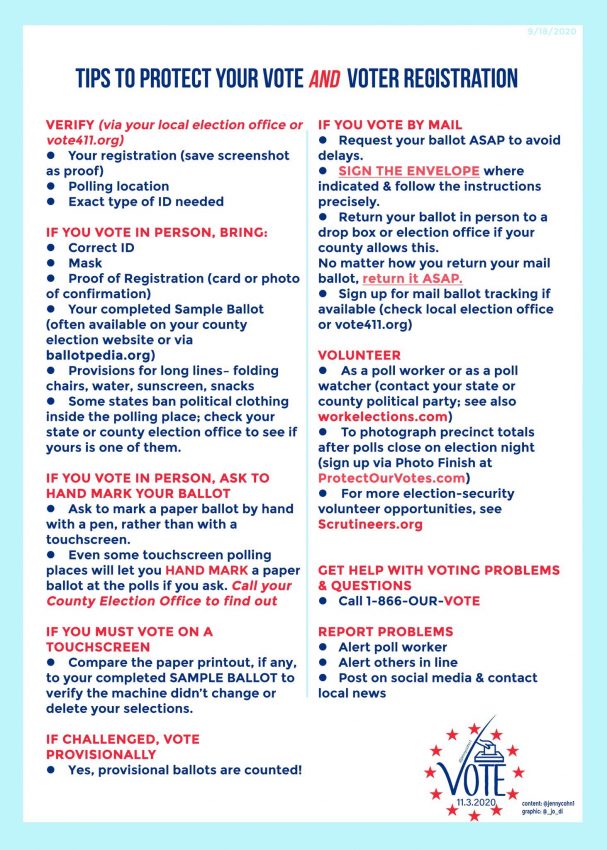
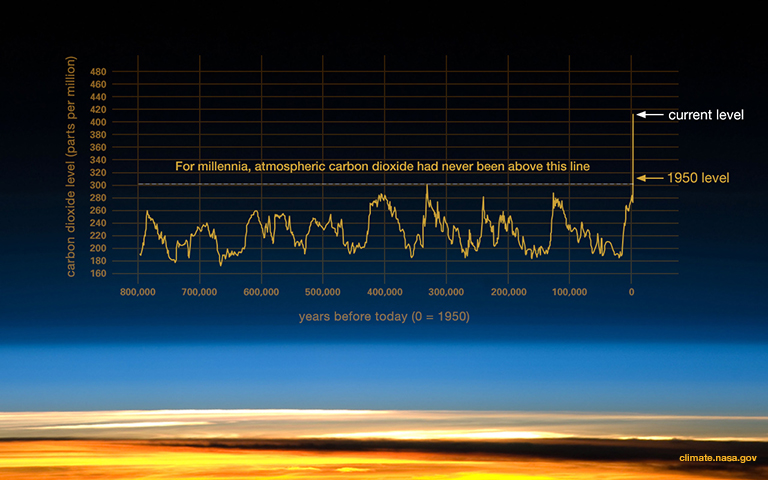

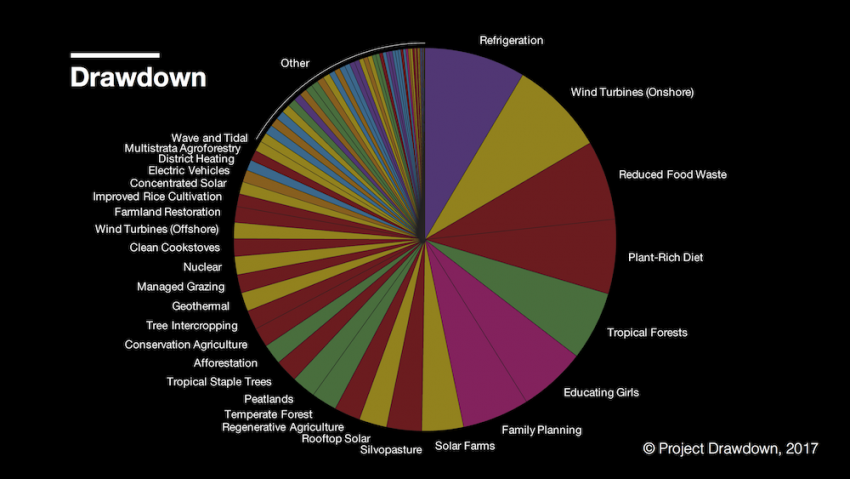
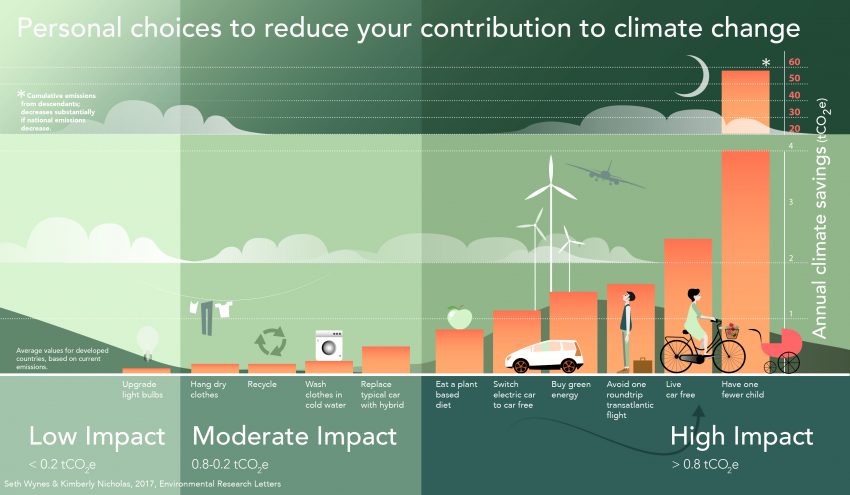


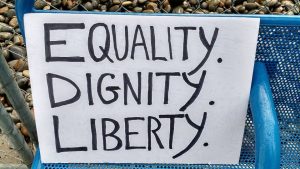 I recommend giving some real thought to your own values and priorities (and desired legacy), and sharing your own mini-manifesto or values/mission statement with others.
I recommend giving some real thought to your own values and priorities (and desired legacy), and sharing your own mini-manifesto or values/mission statement with others. In this election, many more states could serve as “swing” states than ever before, for a variety of reasons. This is not a normal election. It’s important to recognize that new voter suppression laws (including many restrictive ID laws and fewer voter protections, enabled by the Supreme Court’s evisceration of the Voting Rights Act after the last election), voter intimidation efforts, voter database purges in some states, voter database hacking (database breaches were detected this year in Arizona and Illinois, and were attempted in at least 20 states), and other such forces are sure to have a very negative impact on this year’s elections, so we need to do everything possible to counteract all of these attempts to curtail people’s right to vote. I feel an extra responsibility to vote, since so many people who should be able to vote will not be able to (some only because they’re seniors or students who haven’t been able to get the “correct” form of ID in time).
In this election, many more states could serve as “swing” states than ever before, for a variety of reasons. This is not a normal election. It’s important to recognize that new voter suppression laws (including many restrictive ID laws and fewer voter protections, enabled by the Supreme Court’s evisceration of the Voting Rights Act after the last election), voter intimidation efforts, voter database purges in some states, voter database hacking (database breaches were detected this year in Arizona and Illinois, and were attempted in at least 20 states), and other such forces are sure to have a very negative impact on this year’s elections, so we need to do everything possible to counteract all of these attempts to curtail people’s right to vote. I feel an extra responsibility to vote, since so many people who should be able to vote will not be able to (some only because they’re seniors or students who haven’t been able to get the “correct” form of ID in time).


